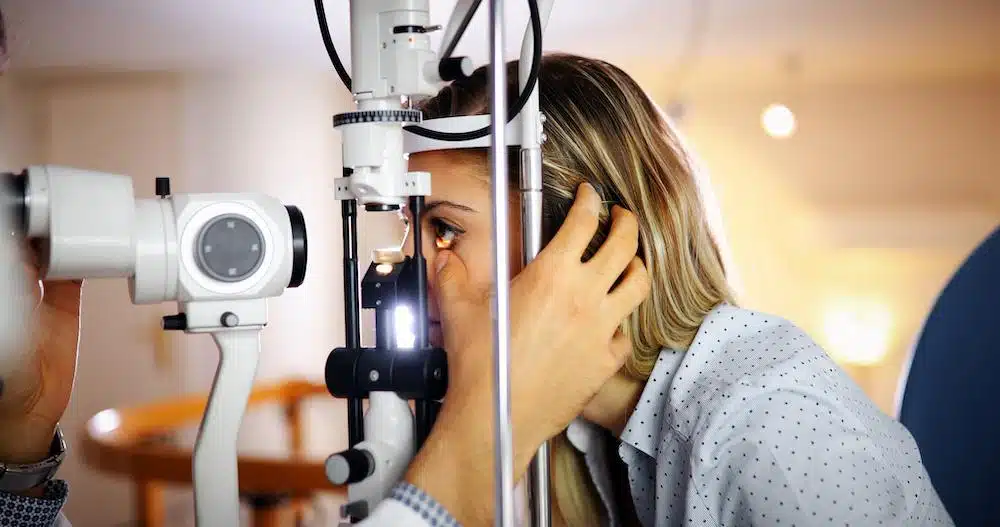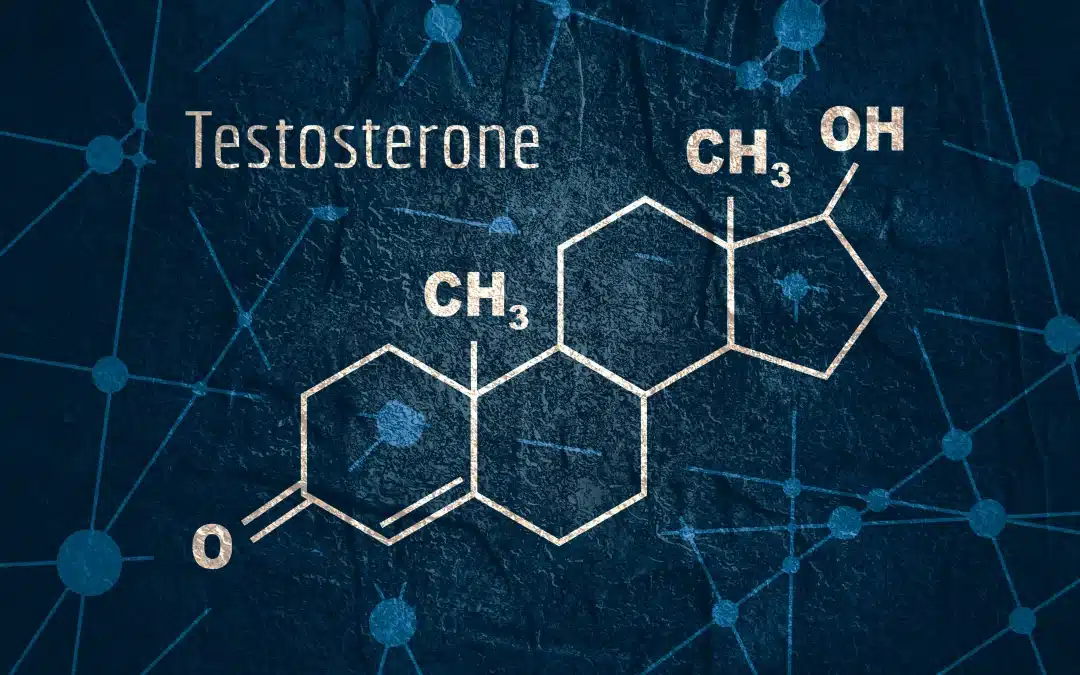The intricate interplay between the gastrointestinal tract and the central nervous system has long been a subject of scientific intrigue. Mounting evidence suggests that the gut microbiome may exert profound influence on neurological development and function. This bidirectional communication pathway, dubbed the “gut-brain axis,” has emerged as a potential key to unraveling the complexities of neurodevelopmental disorders like autism spectrum disorder (ASD).
Autism Spectrum Disorder
ASD is a neurodevelopmental condition characterized by a diverse array of symptoms, including impaired social interaction, communication challenges, and repetitive behaviors. Its origins remain enigmatic, with a complex interplay of genetic and environmental factors contributing to its manifestation. While the diagnostic criteria heavily rely on behavioral observations and parental reports, researchers have long sought objective biomarkers that could aid in early detection and intervention.
The Microbiome Hypothesis
A growing body of research has implicated the gut microbiome as a potential key player in the pathogenesis of ASD. Numerous studies have documented distinct microbial signatures in individuals with ASD, suggesting that alterations in the gut flora may contribute to the development or exacerbation of autism-related symptoms. However, the precise mechanisms underlying this association remain elusive, and the field has been plagued by inconsistent findings and conflicting reports.
In a groundbreaking meta-analysis [1], researchers harmonized data from 10 studies and 15 large datasets, encompassing a total of 528 individuals with ASD and 528 age- and sex-matched controls. The team identified a consistent pattern of microbial differences between the two groups, with 591 microbes more prevalent in individuals with ASD and 169 microbes more common in neurotypical individuals. These findings suggest a global, whole-body relationship between ASD and the gut microbiome, underscoring the potential for developing objective diagnostic tools and targeted interventions.
Early-Life Disruptions: A Pivotal Window
Accumulating evidence indicates that disturbances in gut flora during infancy may increase the risk of neurodevelopmental disorders, including ASD and attention deficit hyperactivity disorder (ADHD) [1,2]. A large-scale study involving over 16,000 children from the ABIS (All Babies in Southeast Sweden) cohort, identified significant biomarkers present at birth or in the child’s stool at one year of age that correlated with future diagnoses [3].
The study revealed clear differences in the intestinal flora between children who developed ASD or ADHD and those who did not, highlighting the crucial role of early-life gut microbial composition in neurological development. Factors such as antibiotic treatment, ear infections, and parental smoking were identified as potential risk factors for altering gut flora in a way that may contribute to neurodevelopmental challenges.
Interestingly, the ABIS study also confirmed the protective effect of breastfeeding against neurodevelopmental disorders. Breastfeeding is known to play a pivotal role in shaping the infant gut microbiome, providing a rich source of beneficial bacteria and promoting a healthy microbial balance. This finding underscores the importance of promoting breastfeeding practices as a potential preventive measure against neurodevelopmental challenges.
Microbial Metabolites and Neurotransmitter Regulation
The gut microbiome plays a crucial role in the production of various metabolites that can influence brain function and neurotransmitter regulation. Researchers have explored the potential impact of microbial metabolites on the pathogenesis and symptomatology of ASD [2-4].
One study investigated the role of short-chain fatty acids (SCFAs), which are produced by gut bacteria during the fermentation of dietary fibers. The findings revealed that butyrate, a specific SCFA, can improve brain function by inhibiting enzymes that regulate gene expression and play a crucial role in neurological processes [4].
Conversely, another SCFA, propionate, was found to have detrimental effects on brain function, leading to behavioral and physiological deficits associated with ASD. These findings highlight the complex interplay between microbial metabolites and neurodevelopmental processes, underscoring the importance of maintaining a balanced gut microbiome for optimal brain health.
Probiotics and Fecal Microbiota Transplantation as Promising Therapeutic Avenues
As our understanding of the gut-brain axis deepens, researchers have explored various therapeutic approaches targeting the gut microbiome in the context of ASD. Probiotics, which are live beneficial bacteria, have been proposed as a potential adjunctive therapy for individuals with ASD [4,5]. By introducing beneficial microbes into the gut, probiotics aim to restore a healthy microbial balance and modulate the gut-brain communication pathways. Studies looking at probiotic therapy have shown that administering a probiotic blend containing various strains of Lactobacillus and Bifidobacterium to the participants results in significant improvements in both gastrointestinal symptoms and autism-related behaviors, suggesting a potential therapeutic role for probiotics in managing ASD.
Another intriguing approach is fecal microbiota transplantation (FMT), a process in which the gut microbiome of an individual is replenished with a healthy microbial community from a donor. A clinical trial involving 18 children with ASD demonstrated significant improvements in gastrointestinal and autism-related symptoms following FMT treatment, with benefits persisting for up to two years post-treatment [4,5].
Dietary Interventions and the Gut-Brain Axis
The gut microbiome is heavily influenced by dietary patterns, and researchers have explored the potential of dietary interventions as a means of modulating the gut-brain axis in the context of ASD [4]. One study found that increasing dietary fiber intake led to a significant increase in microbial diversity, with a notable rise in the abundance of fiber-degrading beneficial bacteria such as Prevotella copri. This shift in microbial composition was associated with an increase in the production of SCFAs, which have been shown to exert beneficial effects on brain function and neurodevelopment.
Another dietary intervention study investigated the influence of a high-fat diet on the gut microbiome and its potential implications for ASD. The results indicated that a high-fat diet reduced the concentration of butyrate, a beneficial SCFA, and decreased the abundance of Bifidobacteria, which are known to play a protective role in gut health.
These findings underscore the importance of a balanced and fiber-rich diet in promoting a healthy gut microbiome and supporting optimal brain development and function in individuals with ASD.
Antibiotic Use and Gut Microbiome Disruption
The use of antibiotics, particularly during the critical developmental periods of infancy and early childhood, has been identified as a potential risk factor for neurodevelopmental disorders, including ASD [3,4]. Antibiotics can significantly alter the microbial composition of the gut, leading to a loss of diversity, a change in metabolic activity, and the colonization of pathogenic microbes.
Studies have found that children who had received repeated antibiotic treatments during their first year of life had an increased risk of being diagnosed with a developmental neurological disorder later in life [3]. The researchers hypothesized that antibiotic-induced disruptions to the gut microbiome during this critical developmental window may contribute to the pathogenesis of neurodevelopmental conditions.
While antibiotics are often necessary for treating bacterial infections, these findings highlight the importance of judicious use and the potential need for therapeutic interventions aimed at restoring a healthy gut microbiome following antibiotic treatment.
Limitations and Future Directions
While the findings from these studies are promising, it is important to acknowledge their limitations. Many studies have relied on small sample sizes, lacked randomization or control groups, and failed to account for potential confounding variables. Additionally, the direction of causality remains unclear – whether the gut microbiome contributes to the development of ASD or whether ASD itself alters the gut flora.
Future research should focus on designing large-scale, longitudinal studies with intervention components to elucidate the causal mechanisms underlying the gut-brain axis in ASD. Furthermore, exploring the potential interactions between the gut microbiome, immune system, and metabolic pathways may shed light on the complex interplay of factors contributing to neurodevelopmental disorders.
Conclusion
The emerging field of gut microbiome research has shed light on the intricate interplay between the gut and the brain, unveiling potential mechanisms underlying neurodevelopmental disorders like autism spectrum disorder (ASD). As we continue to unravel the link between the gut microbiome and ASD, it is crucial to embrace a holistic and multidisciplinary approach, fostering collaborations among researchers, clinicians, and stakeholders. By combining insights from diverse fields, including microbiology, neuroscience, immunology, and genetics, we can pave the way for more effective diagnostic tools, preventive measures, and targeted therapies for individuals with ASD.
The gut-brain axis represents a promising frontier in the quest to understand and address the complexities of neurodevelopmental disorders. As we navigate this uncharted territory, it is essential to remain committed to scientific rigor, ethical considerations, and a deep commitment to improving the lives of those affected by ASD and their families.
Sources
[1] Morton, J.T., Jin, DM., Mills, R.H. et al. (2023). Multi-level analysis of the gut–brain axis shows autism spectrum disorder-associated molecular and microbial profiles. Nat Neurosci 26, 1208–1217. https://doi.org/10.1038/s41593-023-01361-0
[2] Su, Q., Wong, O.W.H., Lu, W. et al. (2024). Multikingdom and functional gut microbiota markers for autism spectrum disorder. Nat Microbiol. https://doi.org/10.1038/s41564-024-01739-1
[3] Ahrens, A.P., Hyötyläinen, T, Petrone, J.R., Igelström, K., et al. (2024). Infant microbes and metabolites point to childhood neurodevelopmental disorders. Cell, 187 (8). 1853-1873.e15. https://doi.org/10.1016/j.cell.2024.02.035
[4] Taniya, M. A., Chung, H. J., Al Mamun, A., Alam, S., Aziz, M. A., Emon, N. U., Islam, M. M., Hong, S. S., Podder, B. R., Ara Mimi, A., Aktar Suchi, S., & Xiao, J. (2022). Role of Gut Microbiome in Autism Spectrum Disorder and Its Therapeutic Regulation. Frontiers in cellular and infection microbiology, 12, 915701. https://doi.org/10.3389/fcimb.2022.915701
[5] Mehra, A., Arora, G., Sahni, G., Kaur, M., Singh, H., Singh, B., & Kaur, S. (2022). Gut microbiota and Autism Spectrum Disorder: From pathogenesis to potential therapeutic perspectives. Journal of traditional and complementary medicine, 13(2), 135–149. https://doi.org/10.1016/j.jtcme.2022.03.001
https://www.nytimes.com/2024/07/08/health/autism-gut-microbiome.html








